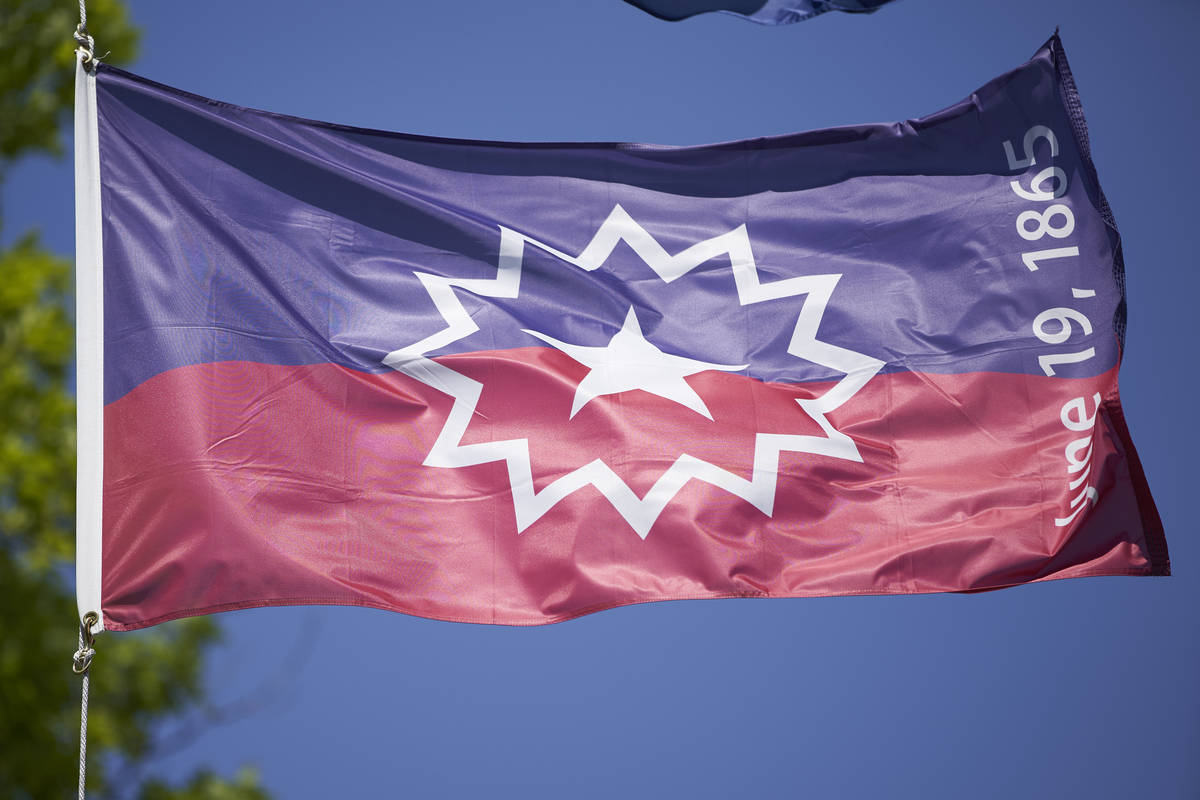EDITORIAL: Much to celebrate on Juneteenth
The struggle to apply this nation’s founding principles to its Black citizens was long and arduous. An increased awareness of Juneteenth can help Americans better grasp that troubled history.
In January 1863, President Abraham Lincoln issued the Emancipation Proclamation, which is often considered the death of slavery. “All persons held as slaves” shall be “forever free,” it reads. But it was limited in scope. It applied only to places that were “in rebellion,” not slave states that had sided with the Union.
Meanwhile, Southern states refused to voluntarily abide by Mr. Lincoln’s pronouncement. Instead, thousands of people had to lose their lives for those words to become reality for enslaved African Americans.
That’s not to downplay the importance of the Emancipation Proclamation. It made clear that the abolition of slavery was a major goal of the Civil War. It paved the way for the Thirteenth Amendment, which banned slavery. It led to 200,000 Black Americans serving in the Union Army.
But two years after the Emancipation Proclamation, slavery still existed in Texas. On June 19, 1865, Union Maj. Gen. Gordon Granger entered Galveston, Texas, and shared some welcome news. “In accordance with a proclamation from the executive of the United States, all slaves are free,” Gen. Granger said.
The next year, former slaves celebrated their freedom on June 19 — Juneteenth. The day is also known as Emancipation Day and Freedom Day.
Early celebrations included “community-centric events, such as parades, cookouts, prayer gatherings, historical and cultural readings and musical performances,” a fact sheet from the Congressional Research Service says.
As people migrated from Texas, the celebration of Juneteenth spread, too. In 1980, Texas became the first state to recognize Juneteenth as an official holiday. Almost every state now formally recognizes it. Nevada’s Juneteenth law was enacted in 2011. On Thursday, President Joe Biden signed a bill to make it a federal holiday.
Slavery was a grievous moral evil that inflicted unspeakable horrors. Ending that hideous institution brought freedom to thousands and bolstered the ideals upon which this nation was created. That’s worth commemorating, even if African Americans’ century-long struggle for civil rights showed that much work remained.
Juneteenth is also a reminder of how much America has improved its commitment to the God-given rights the Declaration of Independence spells out so eloquently. Improvement is a constant and ongoing process. But our country’s original transgression doesn’t lie in its fundamental promotion of freedom and liberty, but in failing to apply those vital concepts to all.
Juneteenth is well worth commemorating.






















